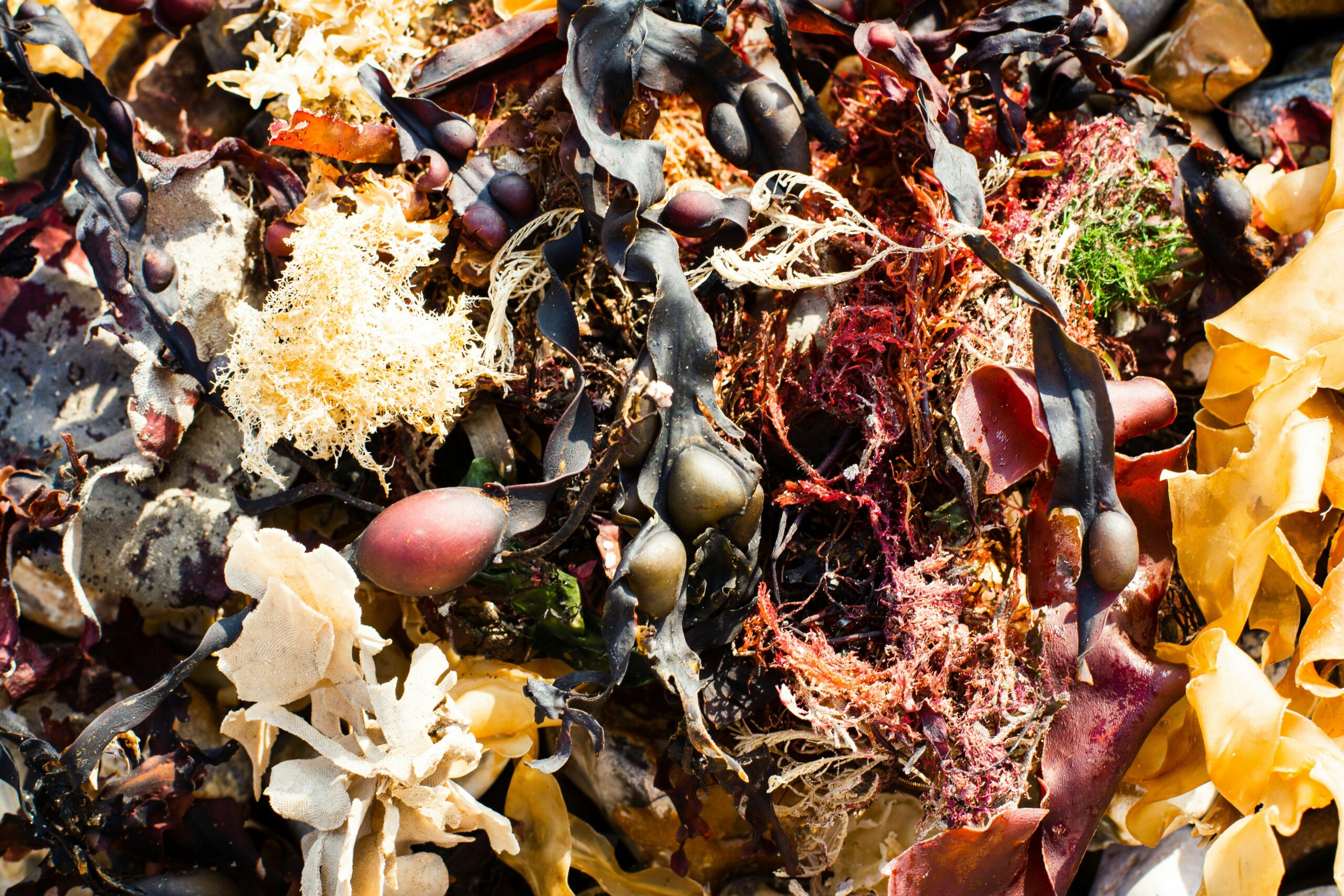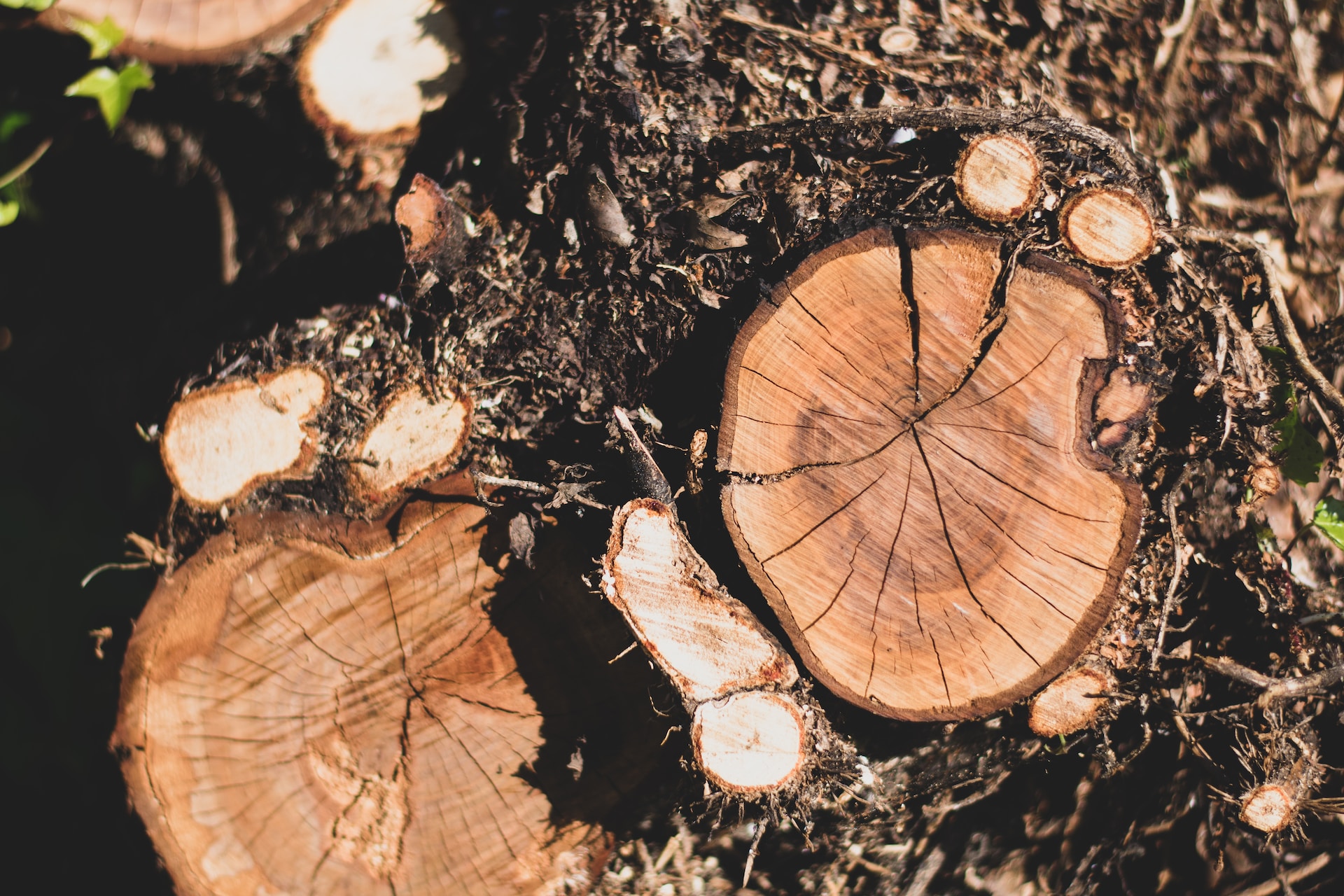All-algae textile fibres – Energy efficient harvesting, extraction and textile production (KELPTEX)

Textile manufacturing contributes to 10 % of global CO2 emissions where two-thirds of the textiles are fossil-based.
Current bio-based raw materials – where cotton dominates followed by wood-based materials – are also unsustainable and require arable land, which competes with food production and leads to deforestation. Cotton production is also both chemical and water resource intensive. In addition, traditional textile dyeing, where mainly harmful azo dyes are used, is resource-intensive and accounts for 25 % of textiles’ environmental impact.
In the EU, aquaculture is considered a growth sector. Seaweed farming has a particularly significant potential, with benefits such as CO2 fixation and reduced eutrophication. In KELPTEX, 100 % algae textile fibres from side streams, dyed with a novel algae pigment, will be developed in an efficient one-step process. These innovative fibres have the potential to replace conventional fibres containing hazardous textile dyes.
Hanna Ulmefors
Chalmers Industriteknik

hanna.ulmefors@chalmersindustriteknik.se
Project information
Participants
Chalmers Industriteknik
Manatee AB
Mounid AB
RISE Research Institutes of Sweden
Time schedule
December 2024 - January 2027
Total cost of project
3 129 509 SEK
Swedish Energy Agency's project number
P2024-02991
More projects

Site preparation and bioenergy harvest: How is the carbon stock in soil and biomass affected after 10 years?
Site preparation promotes tree growth and increases carbon storage in tree biomass. Extraction of bioenergy from the forest, such as slash and…
Manager: Monika Strömgren
Ongoing

ECO-FORCE FUELS: ECO-eFficient biORefinery for Competitive production of grEen renewable shipping FUELS
ECO-FORCE FUELS aims to produce low-emission marine biofuels via complete conversion of forest residues. A continuous organosolv process will be used to…
Manager: Pavlos Christakopoulos
Ongoing

Climate impact of carbon efficient forest-based value chains
Biomass can be used as a feedstock for producing renewable fuels and chemicals. The project investigates how forest residues and industrial side-streams…
Manager: Olivia Cintas Sanchez
Ongoing


